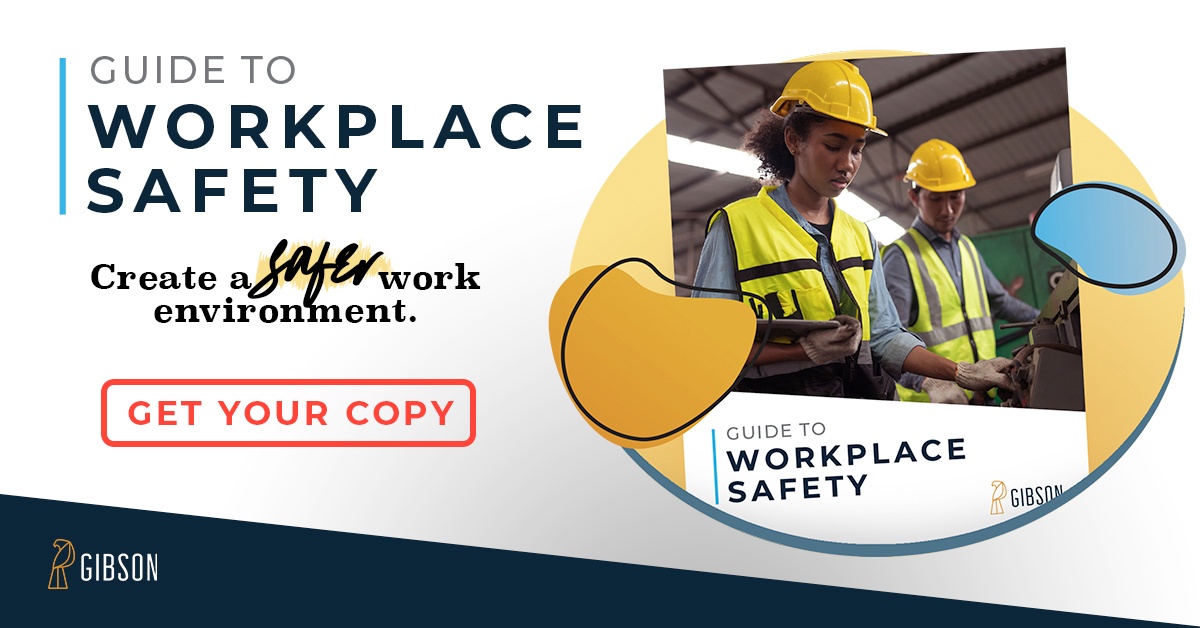 Today’s business climate requires that companies keep an especially close eye on expenses. One area where this monitoring sometimes escapes the attention of accountants, bookkeepers, and others who are responsible for corporate financials is workers’ compensation.
Today’s business climate requires that companies keep an especially close eye on expenses. One area where this monitoring sometimes escapes the attention of accountants, bookkeepers, and others who are responsible for corporate financials is workers’ compensation.
Workers’ compensation claims are ultimately a liability for an employer, whether the actual money paid to the injured worker is done through the state, through a private insurance company, or through the self-insured employer itself. But the direct costs of claims are not the only potential expense that employers can incur when it comes to workers’ compensation. Two very costly mistakes that often escape oversight but that can ultimately have a devastating effect on an employer's financial position include:
- Overestimating the amount of reserves needed to pay particular claims
- Failing to bring injured workers back to transitional duty
Both items negatively impact an employers experience modification rating (EMR) which negatively impacts premium. Over-inflated reserves result in more loss dollars impacting the EMR. The larger the EMR, the more an employer will pay in workers’ compensation premium. Even if the EMR is not a concern, over-inflated claim values paint a negative picture of a company’s loss experience which can result in unfavorable underwriting, and therefore, higher premiums.
Not returning an injured worker to transitional (modified) duty after a workers' compensation injury also negatively impacts the EMR. A claim that has just $1 of indemnity benefits (lost wages) paid impacts the EMR at 100% rather than a medical only claim that only impacts the EMR by 30%. The injured worker suffers because he/she is “cut off” from co-workers by remaining at home. A Bureau of Labor Statistics study shows that employees that are off work for more than six months have less than a 50% chance of ever returning to the workforce.
Indirectly, the business can be impacted by either not having enough employees to get the job done or by having less experienced employees attempting to cover for the injured worker. This can result in lower productivity.
Other Costly Mistakes Regarding Workers’ Compensation
Various other mistakes regarding workers’ compensation such as errors in claims, errors in reporting unit statistical data, improper estimation of a company's annual projected payroll, or worker misclassification can also cause problems. It's estimated, for example, that 30 to 35% of insurance companies have made errors in classification, partly as a result of using one single classification for the entire workforce rather than classifying each employee individually.
Underestimating annual payroll at the beginning of a policy period will typically lead to the need for additional premium payments later on. Changes in how a company is operated can also have an effect on workers’ compensation classifications, which will then need to be updated and may result in additional premiums owed.
What Can You Do?
The examples cited demonstrate the importance of working closely with your broker to ensure your workers’ compensation policy is being appropriately managed and reserves are set at the correct level. An experienced insurance broker will have the appropriate team who can not only procure you an insurance policy, but who can work closely with you to develop a plan for reserves and put in place risk mitigation measures such as occupational safety programs.




